
By Cameron Beach
Travel Writer30 Dec 2019 - 4 Minute Read
This genocide is my age. That’s the first thing I remember thinking.
If you’re lucky, there’s an entire realm of agony that you just won’t process – as far into your mind as you probe, you can’t find a single moment like it. So maybe you turn to something you understand, like math. Like a genocide that’s in its twenties. While your mother taught you which animal made neigh and which made moo, this genocide was tossing mothers into mass graves. Today, while you stumble into adulthood, a Rwanda-sized wound is slowly scabbing, blood is drying, bones are falling deeper into the earth. You don’t know pain like genocide, but you do know numbers.
“You need two of those,” Yusta tells me through our translator, pointing at the small blade in my hand. I grab another curved knife from the basket on the ground, and we begin walking up the side of a hill in Kivumu, Rwanda.
Yusta is a matriarch and a craftswoman – the founder of an all-female collective that weaves and sells art together – but above all else, she is curious. “How old are you?” she asks me in her native tongue, Kinyarwanda. When I respond with “twenty”, she breaks into a wide smile. “Are you married? Do you have a boyfriend?” I laugh and say that yes, I have a boyfriend, but marriage isn’t in the cards yet. Despite all her dignity, she bursts into giggles. “I bet he’s handsome,” she laughs.
I don’t know where we’re walking, but I do know that I’m not doing a very good job of it – Yusta’s bare feet cradle the earth, while I’m tripping on coffee sprouts and young plantain trees with every step. I try not to look to my left, where our little dirt path plunges into a steep valley studded with families of goats and their farmers. Finally, we stop.
“This is sisal,” Yusta proudly gestures to the big, green, cactus-like bush in front of us. She sits cross-legged in front of the plant, and I follow.
Without speaking, she pulls out the small knives we took on our hike and begins to run the blade over the sisal leaves, shaving off their light green sheath to reveal white fibers underneath. Her strokes are slow, her hands grounded in generations of women weavers.
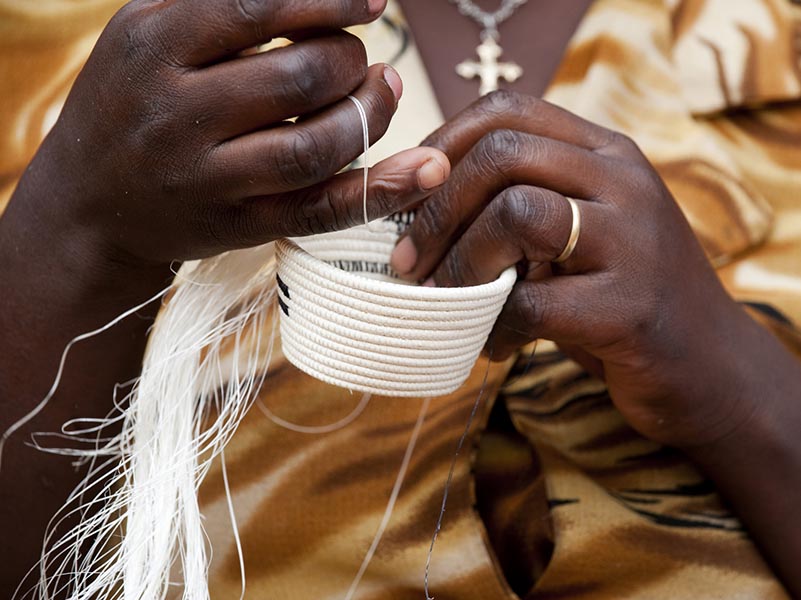
“So you know about genocide,” she remarks as she untangles the plant’s white fibers.
The midday sun, gentle and warm, suddenly becomes an unbearable, pulsing heat on my forehead. My breath hitches.
“I – I know about it,” I cough out, focusing my gaze on the smooth, solid movements of her fingers. Yusta is dipping the sisal fibers in a small bowl of water, swirling them into a bright yellow dye.
“I’m the only one in my family alive,” she says. It’s not a declaration of pride, or a bid for sympathy: it’s just truth.
The white fibers are turning a deep, brilliant gold. Her fingers move faster. “The men came into my house,” she points to a small cabin down the valley. “They had big knives, the size of an arm.” She carefully removes the dyed fibers, laying them on the edge of the bowl to dry.
“We heard them coming, so my mother told me to hide inside a chest. They cut off the head of my mother, and then my father and my older brother. I heard when they stopped screaming.” She begins braiding the dried ropes, now strings of gold.
“I stayed inside that chest for two days.”
The valley buzzes with life – creatures with wings, and bleating baby goats, and the creak of the sisal as Yusta meticulously weaves. We don’t speak, but she reaches out and puts the ropes in my hands, gently guiding my fingers along her braiding pattern.
“I love this valley,” she finally sighs, handing me a finished set of sisal earrings. The two deep golden loops sit in my palms.
The genocide will soon turn 25, but the capacity to forgive is infinite. Mercy forsakes logic, math, numbers.
I thread the yellow circles into my ears and let them hang there as Yusta and I head home for lunch.
This story was a winning entry in the World Nomads Travel Writing Scholarship 2019.
Discover similar stories in
discovery
Travel Writer
Cameron is an American student originally from Chicago. She flew down to North Carolina in 2016 for the nicer weather – and to attend Duke University – and has stayed ever since.
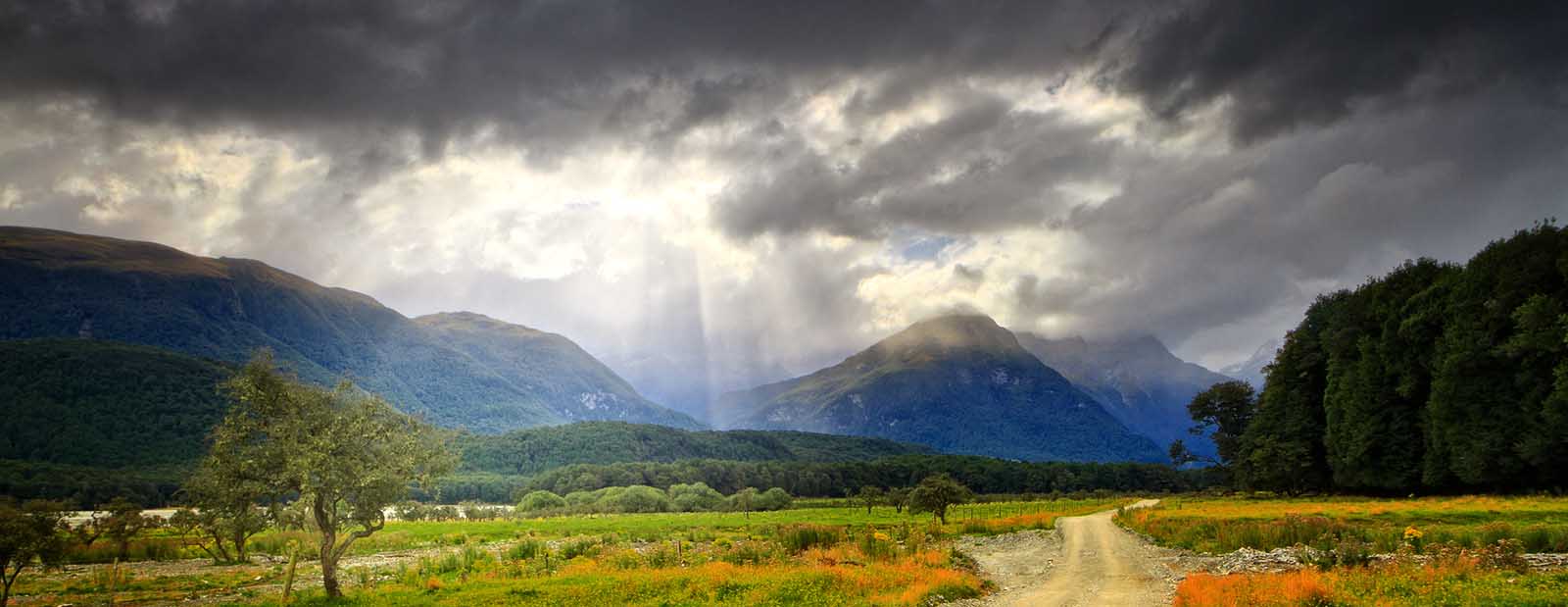
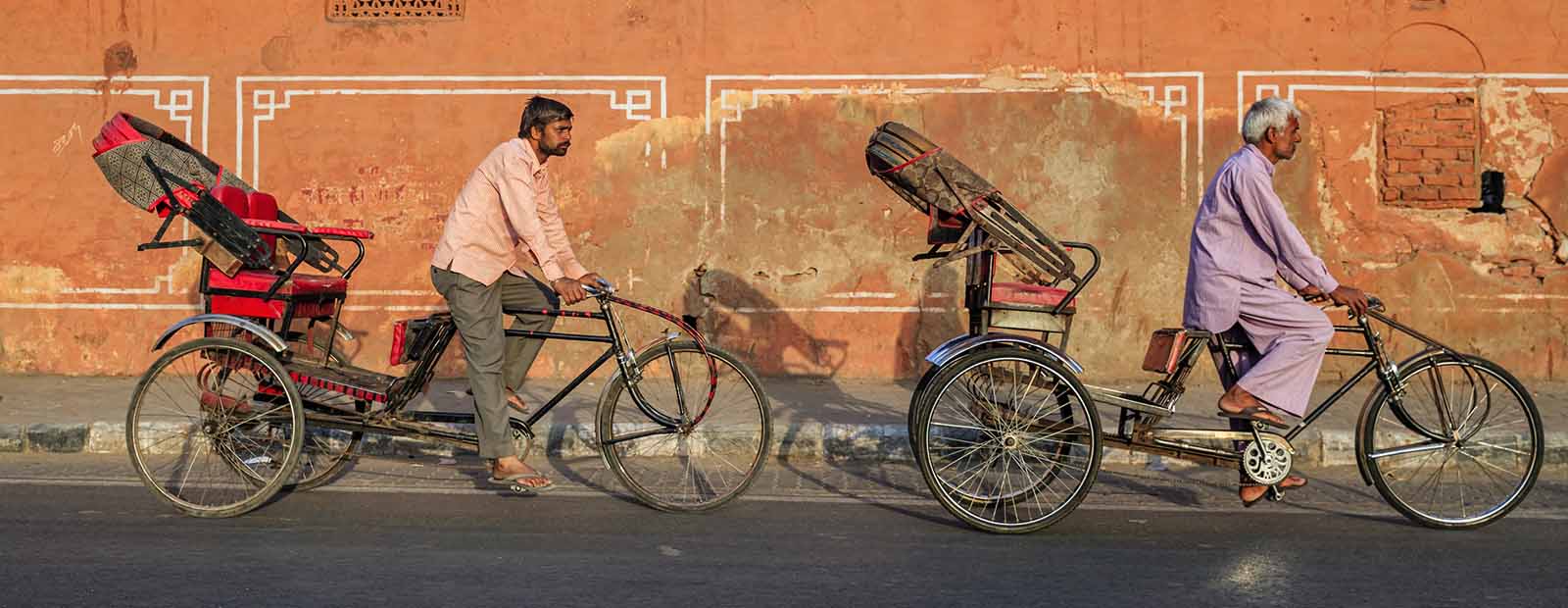
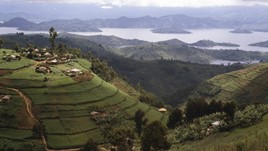
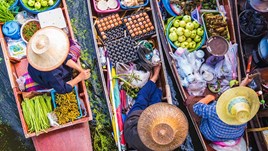
2 Comments
Ah!! Brilliant use of words and format and I am stunned to the core of the way she wrote such a weighing topic like genocide! A part of the human race kills another, another part though a victim, stays a brave heart and yet another brings the story to the world of many!!
Fantastic way with words, and way of telling such a difficult story. I love how you weave the present and the past together, and your comparison of the "age" of the genocide. I was shocked by the same idea in Bosnia. Wonderful work, thanks for sharing. :)